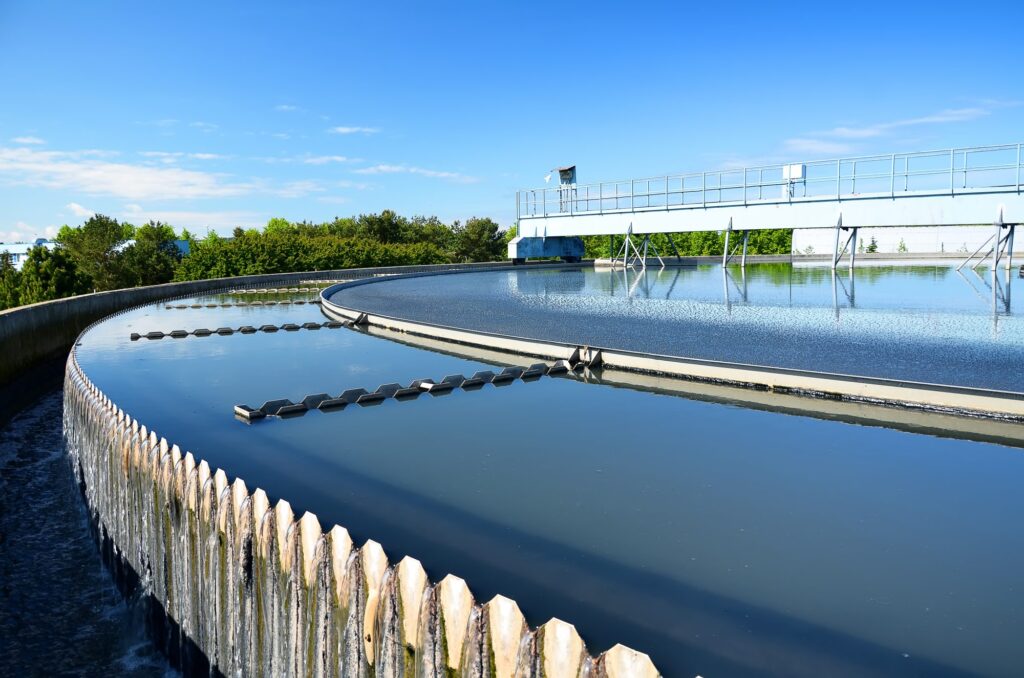
In the water and wastewater management sector, customer service extends far beyond the simple transaction of supplying clean water and sewerage or rather sanitation services. It is a continuous relationship, built on trust and informed engagement, that spans from the moment a customer first interacts with a service provider to the ongoing maintenance and education they receive. As National Water and Sewerage Corporation (NWSC) demonstrates, this relationship is sustained through regular maintenance, such as meter checks, and the distribution of valuable information on water conservation practices.
NWSC’s proactive approach to customer service therefore nurtures a deep sense of loyalty among its customers in the sense that once a customer has developed trust in the reliability of a water supply services, mutual understanding and respect coupled with being prioritized, their loyalty is unlikely to waver, even in the face of price changes. This relationship often extends beyond just water provision to encompass a broader commitment to sustainable practices, as consumers who feel valued are more likely to recommend the service to others and stick with it long term.
However, it is not only about ensuring that the taps continue to run. Consumer education plays an equally significant role in water and wastewater management. When customers are informed about how to use the service effectively, such as understanding the importance of water conservation or the basics of maintaining household water systems, they become less reliant on constant assistance from the provider. NWSC, for example, shares conservation tips with its customers, empowering them to make informed decisions that not only benefit their own households but also contribute to the sustainability of the wider community.
This customer-centred approach, which emphasizes both education and service, also reduces operational costs and interruptions for the provider while building trust with the public. Educated consumers are more likely to cooperate in water-saving efforts and less likely to create unnecessary strain on water infrastructure. This brings the point; transparency in communication builds trust, making customers active participants in the management of this critical resource.
The link between customer service and education is clear: the better a consumer understands a product, the less likely they are to misuse it, and the more satisfied they become with the service. This satisfaction, in turn, strengthens their loyalty. For a business in water and wastewater management to grow, it must develop strategies that cater to both the immediate needs of the customer and their long-term education. This combination ensures that customers not only stay satisfied but also become advocates for sustainable water use, benefiting both the company and the community.
In essence, the key to thriving in this sector lies in making customer care an ongoing process, one that integrates service excellence with education, and creates a cycle of trust, loyalty, and responsible usage. A simple win-win for both provider and consumer.


